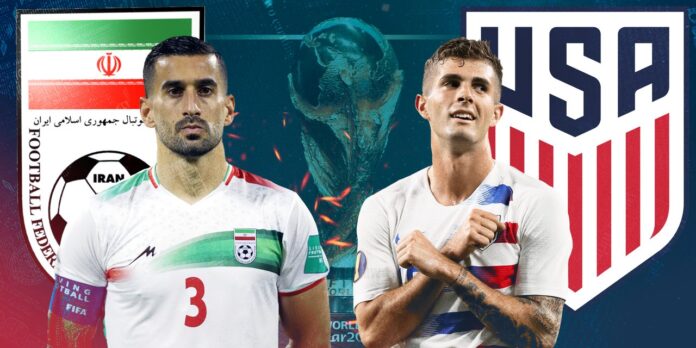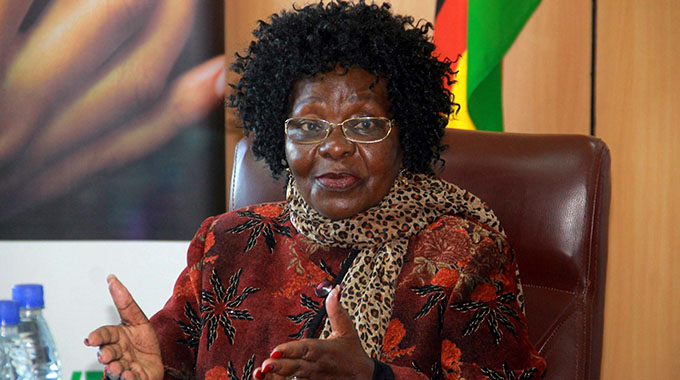The USA and Iran are set to clash today at 2100hrs in the World Cup Knockout stages amid growing tension in the Islamic Republic. The game is more of war and might settle the scores of battle in their homelands
“The families of Iran’s World Cup soccer team have been threatened with imprisonment and torture if the players fail to “behave” ahead of the match against the USA on Tuesday, a source involved in the security of the games said” CNN reported
This came after the refusal of Iran players to sing the nation’s national anthem in their opening match against England on November 21, the source said that the players were called to a meeting with members of the Iranian Revolutionary Guard Corps (IRGC).
On Sunday, Iran state media called for the US to be kicked out of the 2022 World Cup after the United States Soccer Federation changed Iran’s flag on its social media platforms to show support for protesters in Iran.
The federation had temporarily displayed Iran’s national flag on its official Twitter, Instagram and Facebook accounts without the emblem of the Islamic Republic. A now-deleted graphic of the Group B standings posted on Saturday displayed the Iranian flag only bearing its green, white and red colors.
US Soccer told the media on Sunday that it wanted to change the official flag for 24 hours to show “support for the women in Iran fighting for basic human rights” but always planned to go back to the original flag.
The history of American (and British) involvement in Iran in the 20th century is shameful and entwined with the pursuit of oil. In conjunction with the British, the US provoked a coup that deposed the democratically elected leader of Iran, Mohammad Mosaddegh, in 1953. They subsequently reimposed royal rule under the Shah, Mohammad Reza, and propped up his corrupt regime, retaining control of the oil fields at the same time as switching political allegiance to regional rival Saudi Arabia. After the Islamic Revolution of 1978-79, the religious leaders became an enemy for successive US presidents and the US provided funding to Saddam Hussein throughout the eight years of the Iran-Iraq war. More recently, attempts at resetting relations between the US and Iran were reversed by Donald Trump. There is a reason they are known as the Great Satan.
This is what Gregg Berhalter walked into in Doha and while it is possible that he ought to have been better briefed as to the context of this fixture, it is also true he has experience of football rising above the tensions between these two countries. That match in Lyon in 1998 was billed as “the mother of all games”. An unprecedented security presence was put in place to limit the risk of pitch invaders or violent protests. Iranian players were told not to approach their American opponents to shake their hands, as Fifa protocol dictated. Tension ran high.
And yet a compromise was found. The Iranians instead handed the Americans flowers, the atmosphere in the ground remained voluble but calm. Iran won 2-1 but mutual respect was earned and a rematch was arranged for the following year on American soil, itself a diplomatic achievement. “We did more in 90 minutes than the politicians did in 20 years,” the USA midfielder Jeff Agoos said.
Berhalter was watching on that day in Lyon, his “first and only game” as a TV pundit, he revealed at his press conference. He responded to the Iranian barrage of questions with humility and honesty, his captain Tyler Adams likewise. But Berhalter’s takeaway from the 1998 fixture was not about geopolitics but sport. He saw in the Iran team a quality he wishes for his own players at Al Thumama stadium on Tuesday.
“That game sticks in my mind, it burns in my mind,” he said. “There was one team that really wanted to win the game that day and one that didn’t. For us to have a chance to advance in this World Cup, we are going to have to play as they did.”










